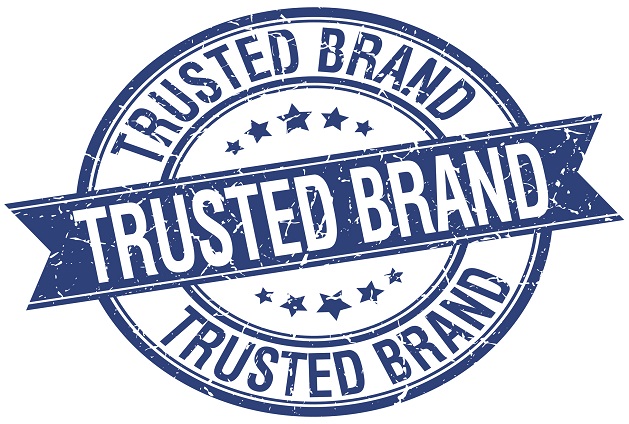
Boxing Day will be upon us at the end of December—the 26th to be exact. So now is the perfect time to cash in on those valuable SEO tools—reviews.
People love to have their say, and when you let them, you’ll be benefiting from it to. With 84% of consumers trusting online reviews as much as a personal recommendation, they’re a great way to boost your reputation. Not to mention, the more activity there is around your website, the higher you’ll rank on search engines like Google, Yahoo! and Bing.
Boxing Day brings in billions of dollars to retailers across North America every year, and 2016 was a record breaker with a grand total of $3.45 billion spent online. With this much activity, you’re bound to get reviews whether you ask for them or not.
Asking Properly
Now is the time to start planning your online marketing for the biggest retail weekend of the year. Keep in mind SEO, ad channels, and what sales you want to run.
But also figure out how you’re going to ask satisfied clients to leave you positive reviews.
First let’s note the golden rule: Do NOT incentivize.
There’s nothing wrong with asking for reviews, but offering compensation for these rules is not only bad form but could result in legal action being taken against you. A review that was bought is not going to be genuine, and consumers and search engines alike are concerned about the truth.
How to Ask
Posting a “Please review us” button on your site is not the worst option, but it’s not the best either.
Targeting customers who had good experiences is your goal. But while this is easier to gauge in person, there are ways to do some guess work for your online clients.
Send a request immediately after purchase
One option is to include your request for review in the email that is sent to confirm an order. No, your client has not actually received the item yet, but they have purchase from you and may want to comment on how simple or fun the buying process was.
Yes, you do risk them coming back with a negative update if they hate what they ordered, but it’s still going to create activity for your site.
Send a request after 10 days
Ten days is an arbitrary number, but pick a time when you know your customers will have received their item(s). If they haven’t sent in a return request, you can safely say that they are satisfied with what they purchased.
The more personalized your approach for a review is, the more likely you are to get it. But with large sale weekends it’s tough to add that personal touch. So do your guesswork, and don’t cave into the urge to incentivize because you will not be thanking yourself for it for long!









